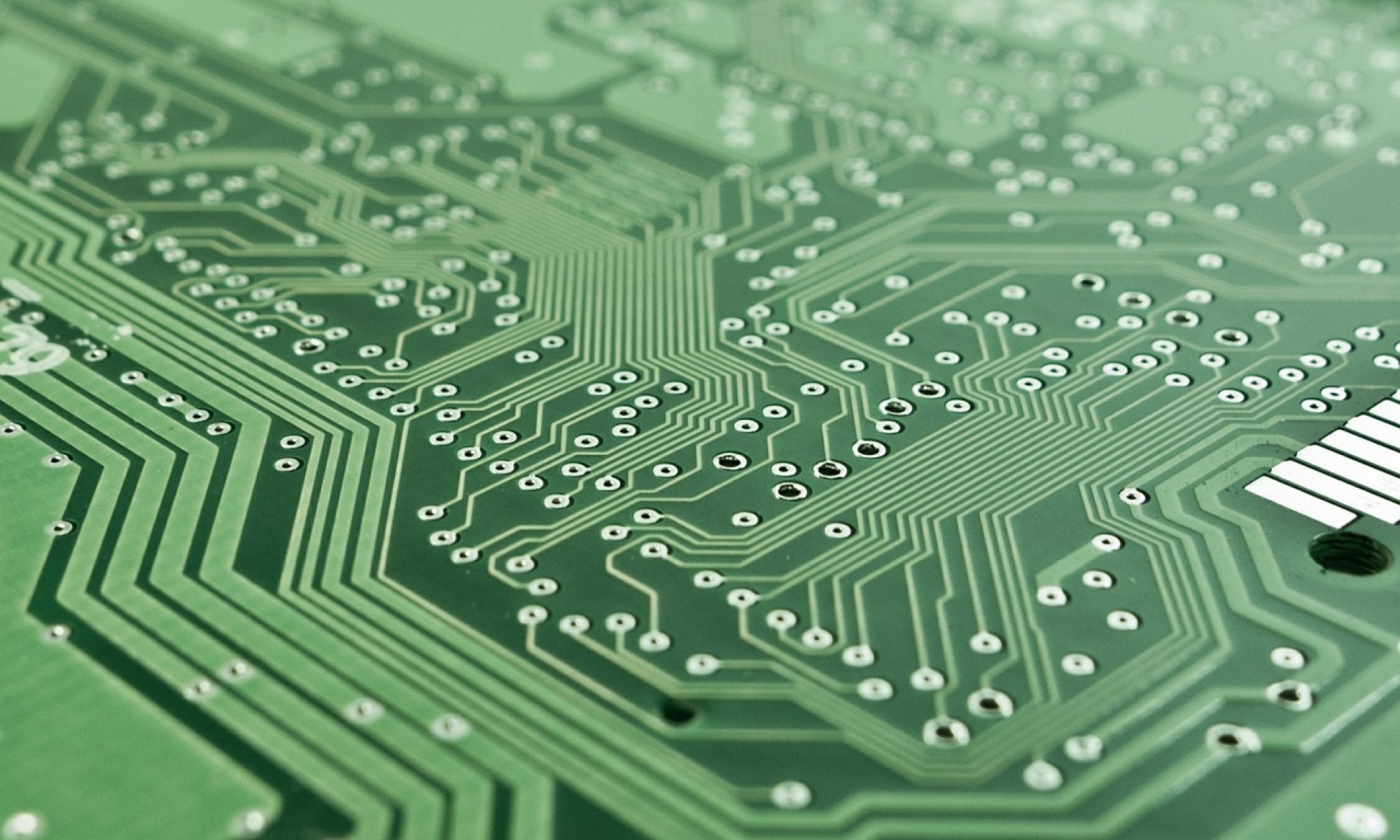A new hybrid device comprised of a lithium-ion battery that can be charged directly in sunlight–no solar cells required–could make the provision of affordable energy easier in some parts of the world, and be useful in off-grid applications. Prachi Patel reports in the April 23, 2021 edition of Chemical & Engineering News:
“The idea is to simplify how solar energy is harvested and stored,” says Michael De Volder, a mechanical engineer at the University of Cambridge who led the work. If the team can improve the efficiency and lifetime of the hybrid device, its cost will likely be lower than combining solar cells and batteries. “For the price of a battery, you get both functionalities,” he says.
This low cost could make it suitable for off-grid uses and for regions of the world that lack access to affordable energy.
The workhorse of the new light-rechargeable battery is a cathode made of vanadium pentoxide nanofibers. The material stores lithium ions and also harvests light to generate paired electrons and positive charges, or holes. The researchers mixed the nanofibers with poly(3-hexylthiophene-2,5-diyl) (P3HT) that blocks the movement of holes, and graphene oxide that aids electron transport.”
A glass window on the cathode side of a coin cell allows light to reach the nanofibers. This new device is more efficient than previously developed light-rechargeable batteries and can be recharged for over 200 cycles. Though the efficiency of this battery is still too low for practical use, researchers hope to explore alternatives to vanadium pentoxide to improve efficiency.
Learn More
